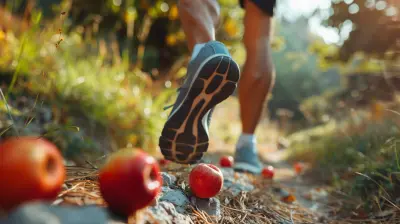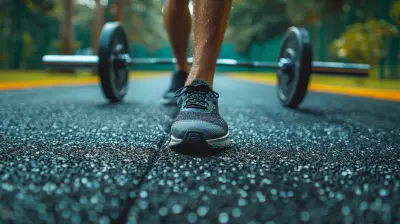How the Foods You Eat Affect Bone Mineralization
13 October 2025
When we think about our bones, we tend to picture something sturdy and permanent—like the steel beams of a skyscraper. But here's the thing: your bones are actually living tissue, constantly breaking down and rebuilding. Just like you wouldn’t build a house with weak materials, your body needs the right nutrients to build strong, healthy bones. That's where your diet comes in. So, let's talk about how the foods you eat affect bone mineralization.
Spoiler alert: It's not just about drinking milk.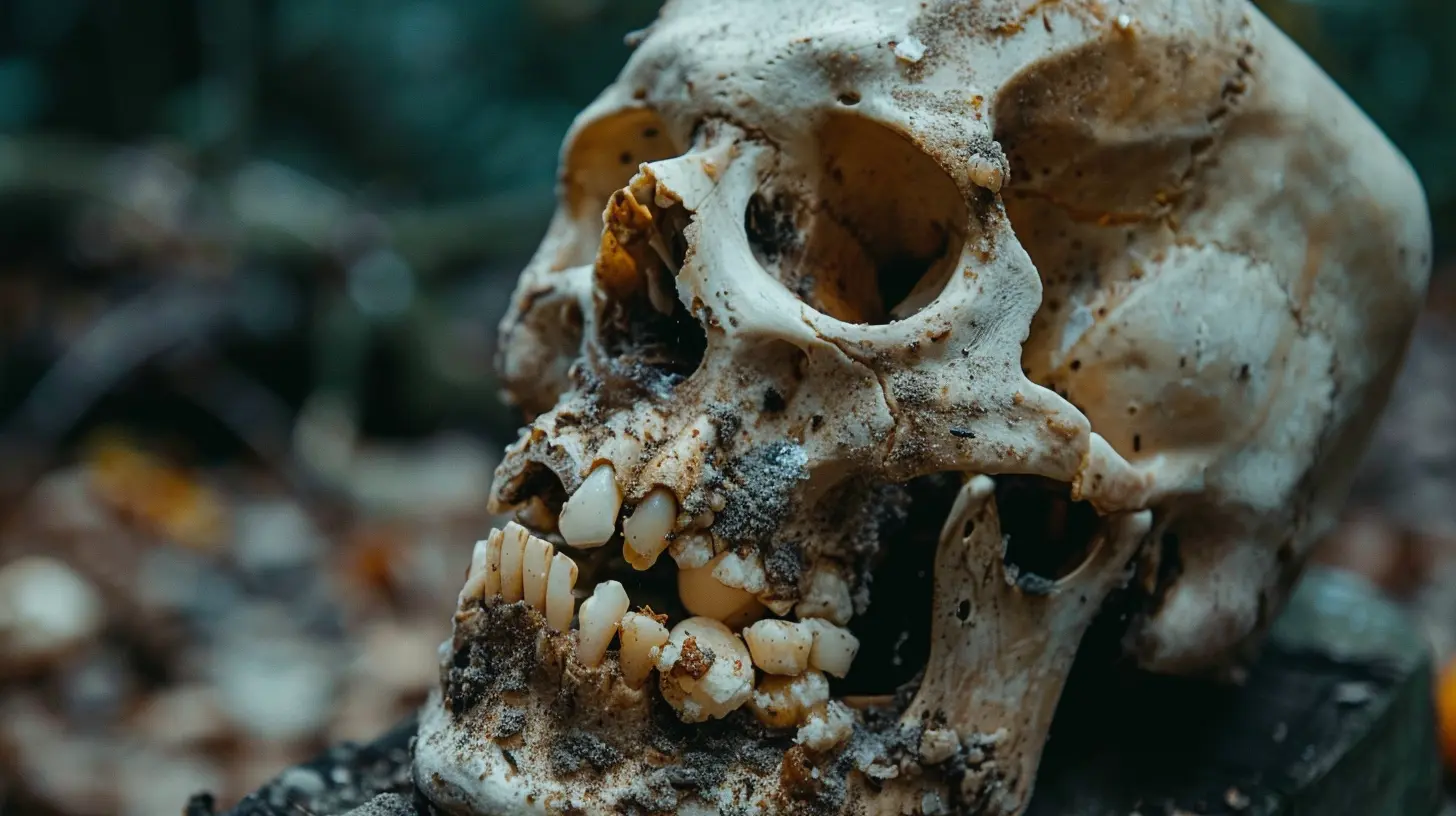
What Is Bone Mineralization, Anyway?
Before we dive into the fridge, let’s get clear on what bone mineralization actually means. Bone mineralization is the process where your bones absorb minerals—mainly calcium and phosphorus—to become hard and resilient. Think of it as your bones “soaking up” the materials they need to stay strong.Without proper mineralization, your bones could become weak, brittle, and more prone to fractures. Yikes, right?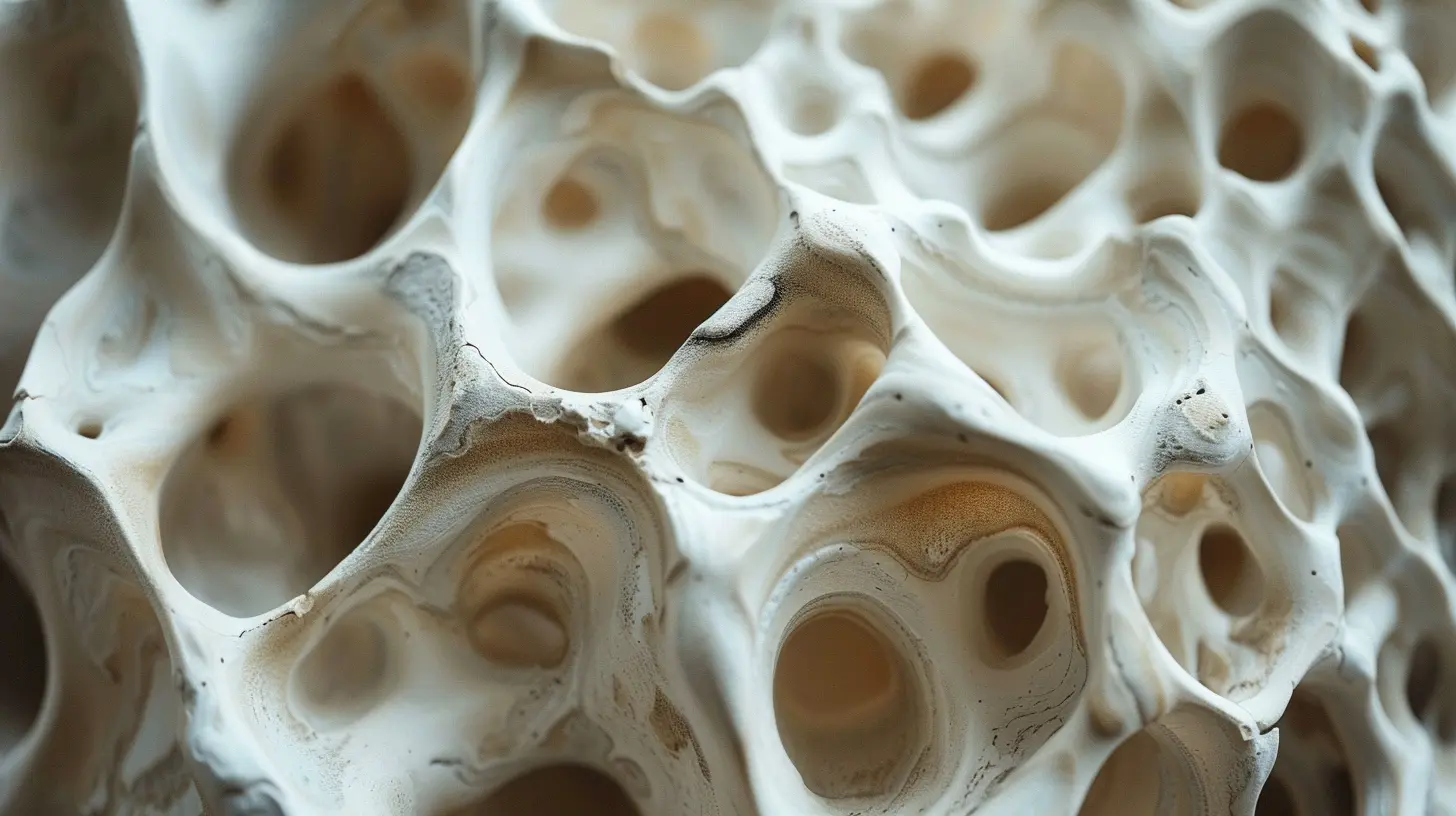
Why Should You Care About Bone Health?
Here’s a not-so-fun fact: After your 30s, your bone mass starts to naturally decline. If you’re not eating foods that support bone health, your body ends up pulling those essential minerals out of your bones to use elsewhere. Eventually, this can lead to conditions like osteoporosis.But the good news? You have a lot more control than you think. The right diet can supercharge your bones—now and in the future.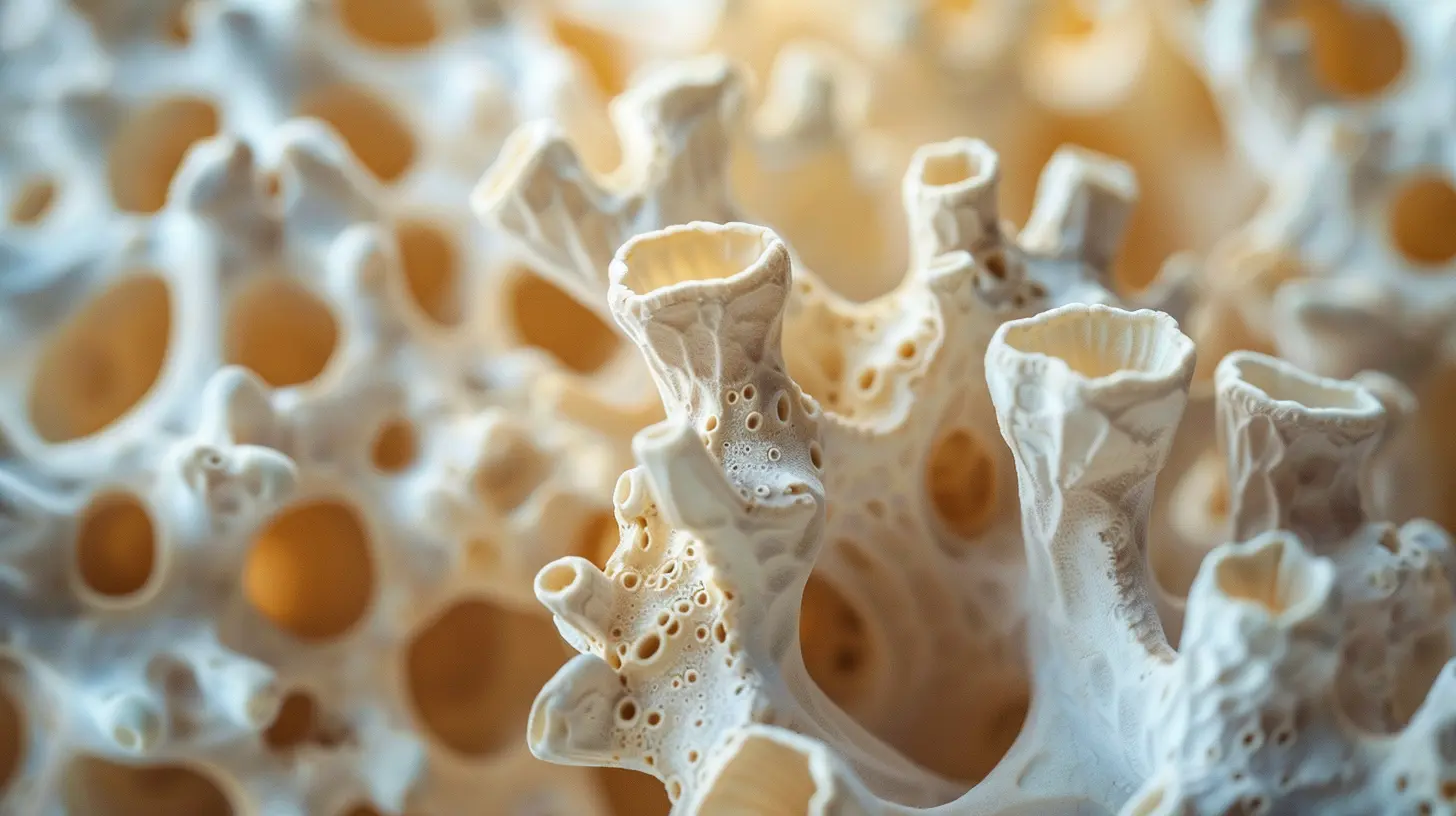
The Bone-Building Dream Team: Key Nutrients You Need
Let’s break down the nutrients that play the biggest roles in bone mineralization and which foods are packed with them.1. Calcium – The Foundation Stone
This one’s a no-brainer. Calcium is the primary mineral found in your bones. Roughly 99% of the calcium in your body is stored in your bones and teeth. Without enough of it, your bones can’t mineralize properly.Best Food Sources:
- Dairy products (milk, cheese, yogurt)
- Leafy greens (kale, bok choy, collard greens)
- Tofu
- Fortified plant-based milks (almond, soy)
- Sardines and canned salmon (with bones)
Quick tip: Spinach has calcium, but it also contains oxalates which block calcium absorption. So it’s not as helpful as you might think.
2. Vitamin D – The Calcium Sidekick
Here’s the thing: Even if you eat all the calcium in the world, it won’t do any good without vitamin D. This nutrient helps your body absorb calcium from the intestines into the bloodstream.Best Food Sources:
- Fatty fish (salmon, mackerel, tuna)
- Egg yolks
- Fortified foods (orange juice, cereals)
- Sunshine (your skin produces vitamin D when exposed to sunlight)
Feeling low-energy and noticing more aches lately? You might be running low on vitamin D.
3. Phosphorus – The Mineral You Didn't Know You Needed
Often overshadowed by calcium, phosphorus is critical for bone mineralization. Together, calcium and phosphorus form hydroxyapatite, the mineral compound that gives bones their structure.Best Food Sources:
- Meat and poultry
- Fish
- Dairy
- Whole grains
- Nuts and seeds
A balanced diet usually gives you enough phosphorus, so you rarely need to supplement unless advised by a doctor.
4. Magnesium – The Silent Worker
Magnesium helps activate vitamin D, which in turn boosts calcium absorption. Without magnesium, your calcium intake won’t be as effective.Best Food Sources:
- Pumpkin seeds
- Avocados
- Bananas
- Whole grains
- Dark chocolate (Yes, really!)
If you’re prone to muscle cramps, magnesium might just be your new best friend.
5. Vitamin K – The Bone Glue
Vitamin K supports the production of osteocalcin, a protein that helps bind calcium to the bone. Imagine it as the glue that holds everything together.Best Food Sources:
- Leafy greens (spinach, kale, Swiss chard)
- Broccoli
- Brussels sprouts
- Fermented foods (like natto – a Japanese dish made from fermented soybeans)
Eating a salad is starting to look a lot smarter, isn't it?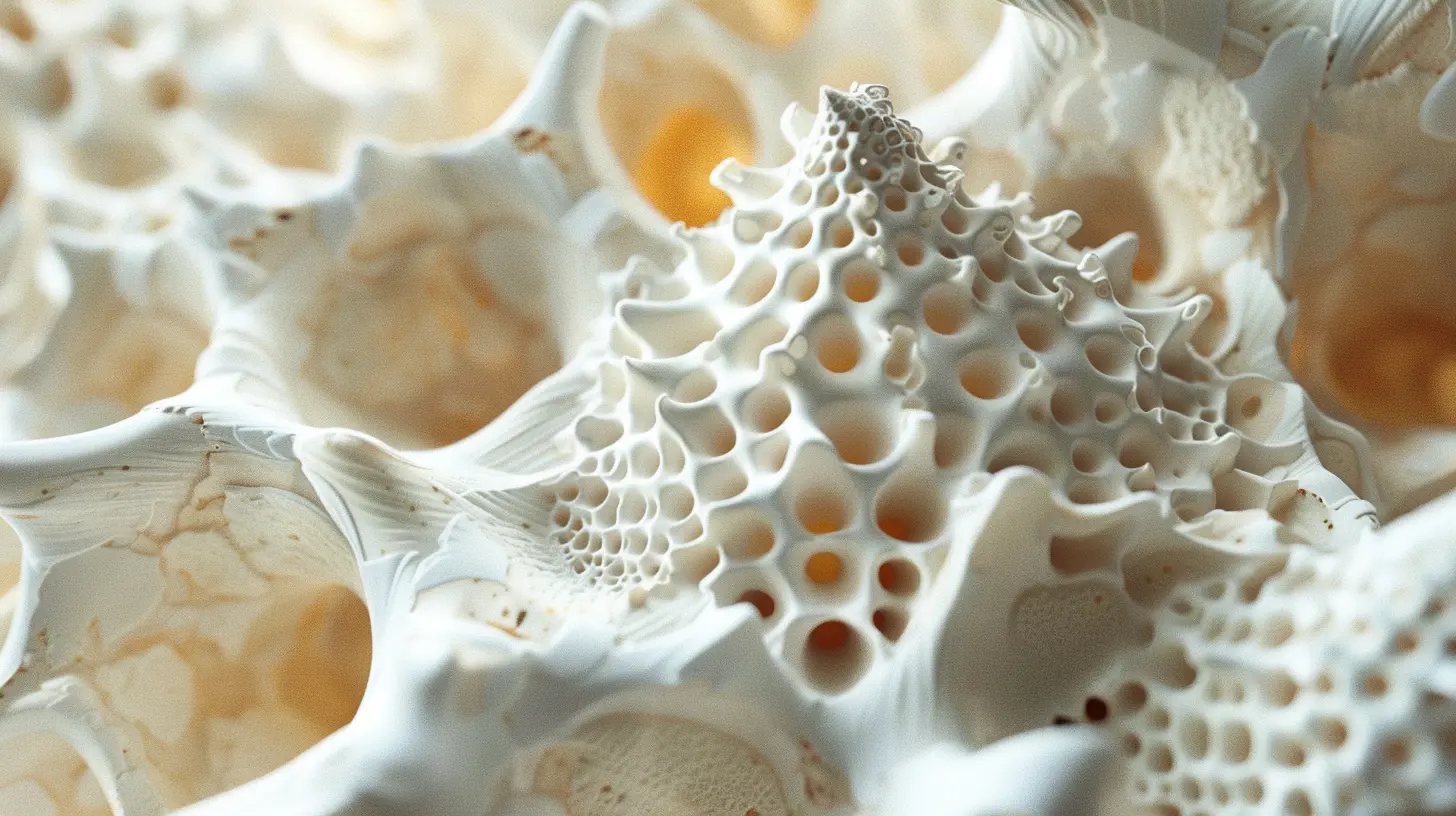
The Not-So-Great Foods for Your Bones
Now that we’ve covered the good stuff, let’s talk about the foods that are sneakily sabotaging your bone health.1. High Sodium Foods
Too much salt causes your body to lose calcium through urine. That’s right—every time you overload on sodium, you might be flushing away essential minerals.Cut Back On:
- Processed snacks
- Canned soups
- Fast food
- Packaged sauces
Try seasoning with herbs and spices instead of salt. Your bones (and taste buds) will thank you.
2. Phytates and Oxalates – The Mineral Thieves
Phytates (found in whole grains and legumes) and oxalates (in spinach, beet greens, and rhubarb) can interfere with calcium absorption.But don’t panic—you don’t need to cut these foods out completely. Soaking, sprouting, and cooking them can reduce their negative impact.
3. Too Much Caffeine
Coffee lovers, don’t hate me. Caffeine, especially in large amounts, can decrease calcium absorption.Stick to about 1–2 cups a day and make sure you’re getting enough calcium-rich foods to balance it out.
4. Sugary Drinks and Soda
Sodas (particularly colas) contain phosphoric acid, which can throw off your body’s calcium balance. Plus, the high sugar content isn’t doing you any favors.Switch to sparkling water with a splash of lemon or herbal teas to keep things exciting.
Gut Health and Bone Health: What’s the Connection?
Here’s some science-meets-common-sense: if your gut isn’t healthy, you won’t absorb nutrients effectively. That means even a great diet could fall flat if your digestive system isn’t on board.Keeping your gut microbiome in balance by eating probiotic-rich foods like yogurt, kefir, miso, and fermented vegetables can significantly help with calcium and magnesium absorption.
Bone Health and Lifestyle: It’s Not Just About Food
Of course, food plays a massive role in bone mineralization, but don’t forget the other lifestyle habits that make or break your bone health.1. Weight-Bearing Exercise
Think walking, jogging, dancing, and resistance training. These activities put pressure on your bones, prompting them to grow stronger.2. Avoid Smoking and Excessive Alcohol
Both can interfere with calcium absorption and reduce bone mass over time. So if you're looking for a reason to quit or cut back—this is it.3. Maintain a Healthy Weight
Being too thin or too heavy can both impact your bones. Strive for balance—your bones love that.The Takeaway: Eat with Your Bones in Mind
Your body’s a reflection of what you feed it—literally. If you want resilient, dense bones that can carry you gracefully into old age, it all starts with what’s on your plate today.Here’s your bone-building checklist:
- 🥛 Load up on calcium-rich foods
- ☀️ Get sunshine and eat vitamin D sources
- 🥬 Add leafy greens and magnesium-packed foods
- 🧂 Cut down on excess salt, sugar, and soda
- 🏃♀️ Stay active and take care of your gut
Remember, your bones are not just there to support you—they're counting on you to support them too.
FAQs About Bone Health and Diet
Q: Can I get enough calcium without dairy?Absolutely. Leafy greens, almonds, tofu, and fortified plant milks can all help you meet your calcium needs.
Q: How much calcium do I need daily?
Adults generally need around 1000 mg per day, but it slightly increases for women over 50 and men over 70.
Q: Is bone health only important for older people?
Nope! Bone mass peaks around your 30s, so what you eat during your younger years lays the foundation for the future.
Final Thoughts
Your bones may be hidden under layers of skin and muscle, but they’re silently doing the hard work of holding you up every single day. Don't wait until they start to feel weak or painful—start feeding them right today. Think of every meal as a building block toward a stronger, healthier you.all images in this post were generated using AI tools
Category:
Bone HealthAuthor:

Holly Ellison
Discussion
rate this article
1 comments
Mabel McTavish
Bone health isn’t just about calcium; it’s a complex equation of nutrients. If you’re ignoring the impact of what’s on your plate, you’re risking your bones. Elevate your diet or face the consequences—your bones deserve better!
October 29, 2025 at 4:44 AM

Holly Ellison
Absolutely! A balanced diet rich in various nutrients is crucial for optimal bone health. Don't underestimate the power of what you eat!

